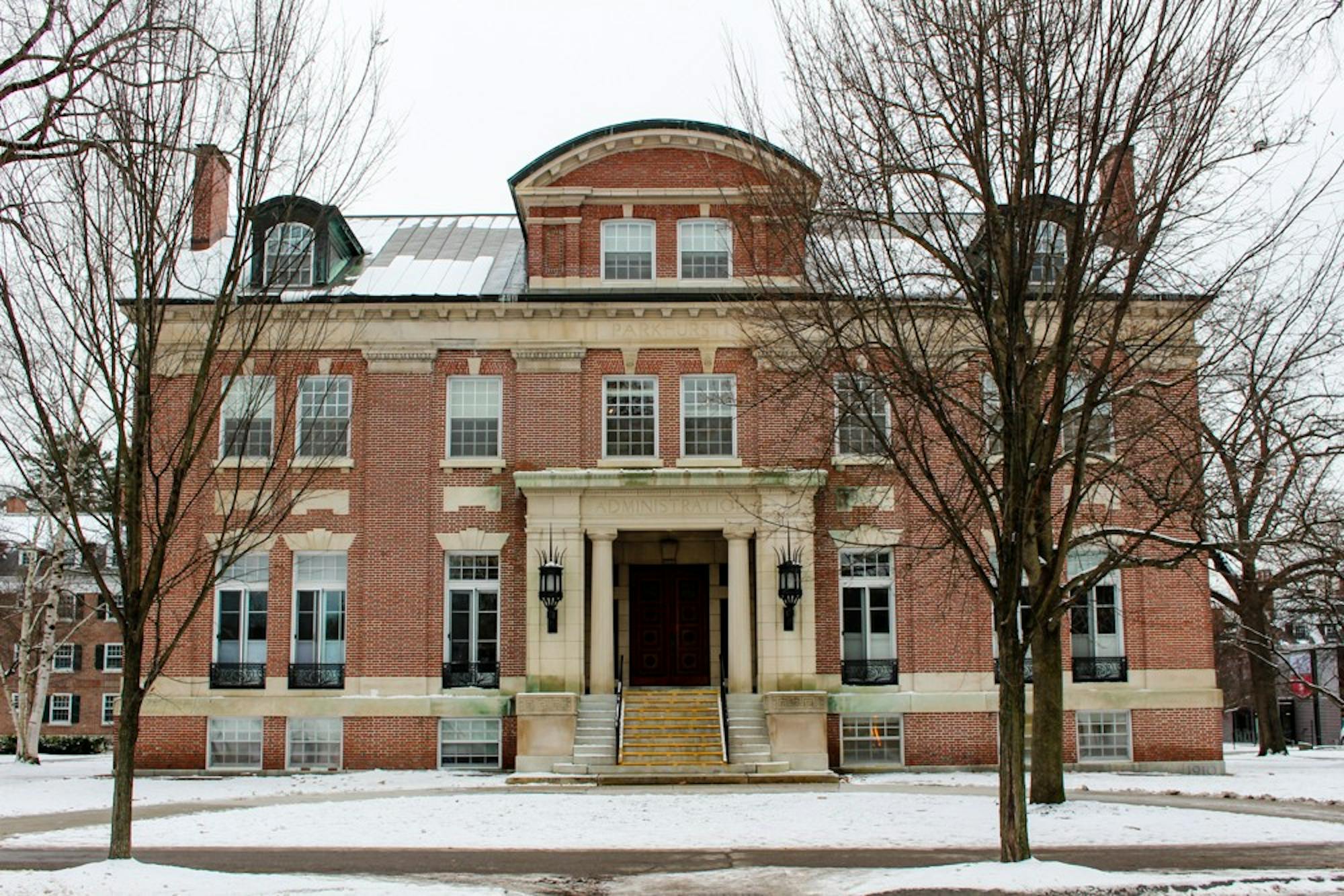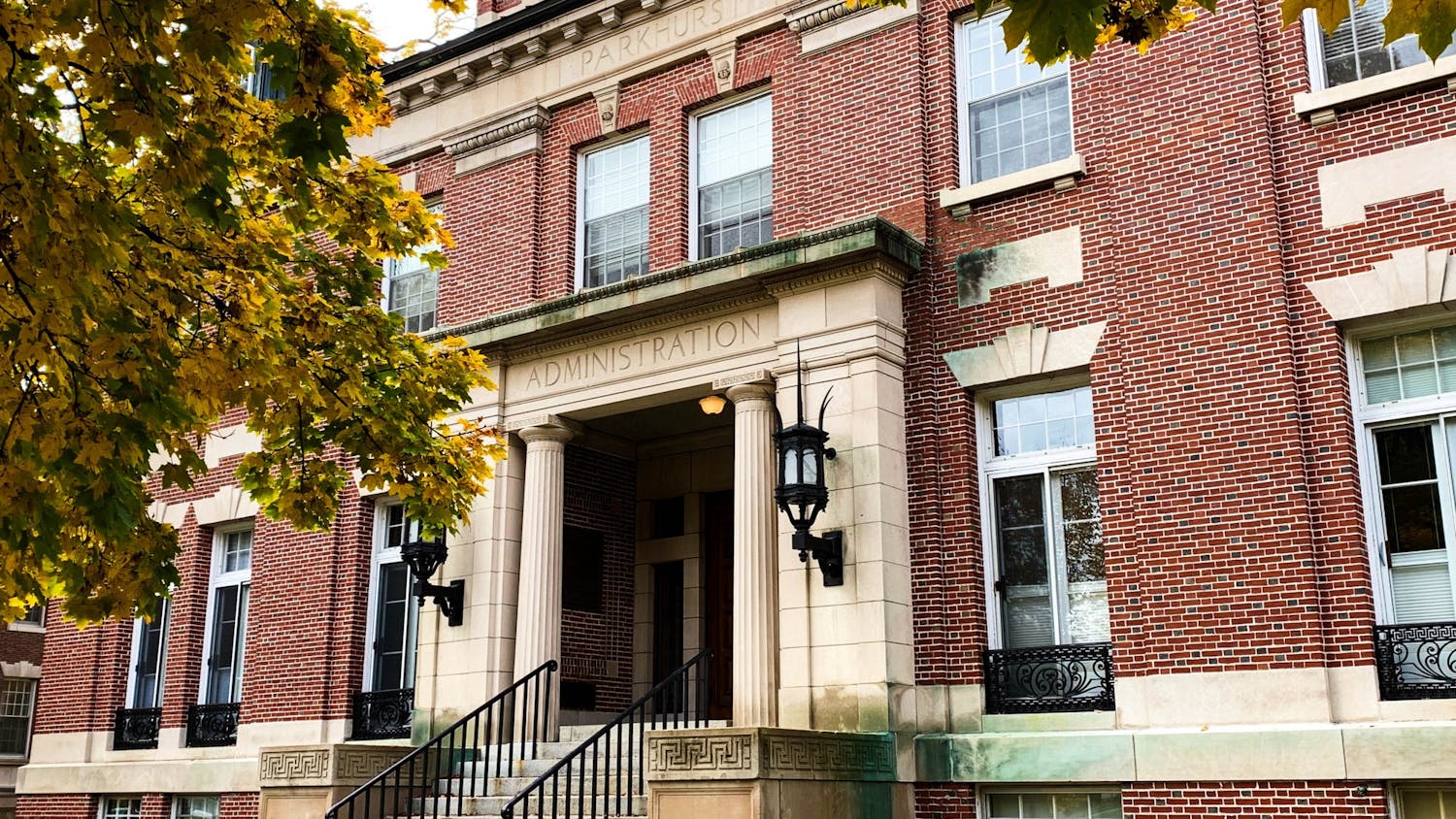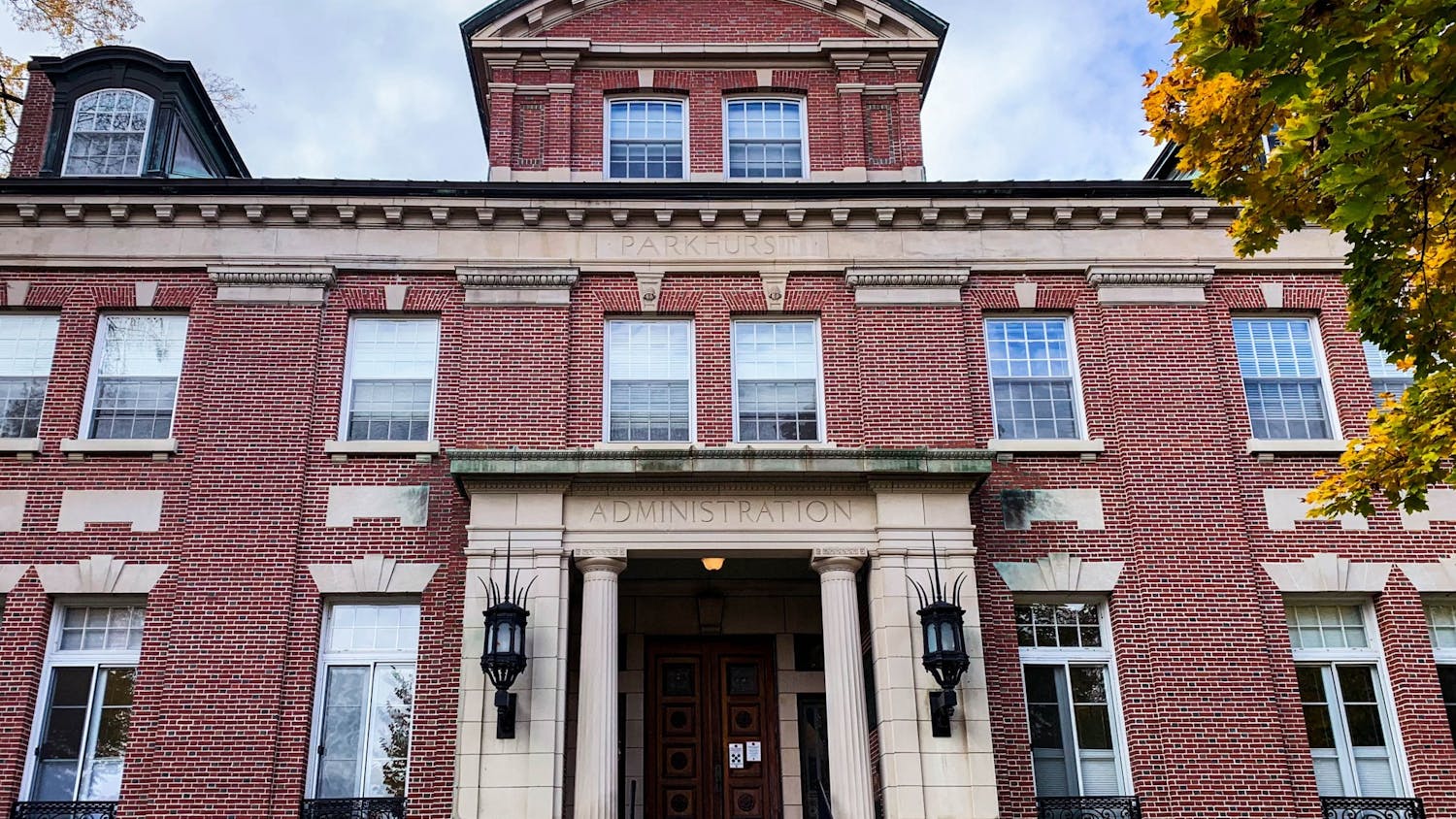Since the summer of 2020, members of a committee within the Graduate Student Council have led efforts to reestablish an ombuds office at Dartmouth — an office that would provide independent, informal, impartial and confidential support to members of the Dartmouth community. As of Monday, nearly 700 students, postdocs, faculty, staff and alumni have signed a petition calling for the ombudsperson’s reinstatement since the position was left vacant in July 2017.
According to the petition, the ombudsperson — who would report directly to College President Phil Hanlon and his office — would be a resource available to all Dartmouth community members to mitigate shortcomings in conflict mediation. They would also provide a more informal route for bringing forth and resolving complaints.
“It’s basically a catch-all for any issue you could think of, and it puts one person at the cornerstone of helping people figure out what resources are available to them,” said graduate student Bridget Slone, one of the primary organizers behind the reestablishment efforts. “We want to hopefully reduce some of the fear around people asking for and getting what they need.”
Recommendations within the petition — penned by GSC president Eva Childers, Slone and GSC vice president Rachel Osmundsen, alongside graduate students Thomas White, Mia Phillips and Lan Nguyen — include that the ombudsperson be hired externally, serve in a full-time position and have been trained in complex mediation with experience in an ombuds office, and that the office conduct promotional outreach so that Dartmouth community members are aware of it as an available resource.
The petition is the product of the GSC’s collaboration with Student Assembly, the Geisel School of Medicine and the Tuck School of Business, according to Childers.
College spokesperson Diana Lawrence wrote that the College will only be willing to consider the reinstatement of an ombuds office should “the law regarding Dartmouth’s institutional obligations” change, adding that ombuds offices “have no legally recognized privilege” and would be required to share all information gathered with the College. She said this would nullify the principle of confidentiality that the ombuds relies upon, meaning that an ombuds office would not meet the needs of community members or the College.”
Lawrence directed those seeking “a remedy for a concern” to existing resources like the Office of Human Resources, Institutional Diversity and Equity, Title IX, the Dartmouth Compliance and Ethics Hotline and the Employee Assistance Program.
Organizers dispute this analysis, stating that the scope of these existing offices is not wide enough to help all Dartmouth community members. For example, the petition says that while the Title IX office can facilitate informal resolution, it can only handle matters involving sexual misconduct.
Currently, Dartmouth and Yale University are the only schools in the Ivy League without an ombuds office.
At Dartmouth, the position has been left empty since 2017, and in 2018 College President Phil Hanlon accepted the recommendation of an internal search committee for a new hire that it be left vacant. The committee’s analysis concluded that other Dartmouth offices could serve the same function as an ombuds office.
Student Assembly vice president Jonathan Briffault ’21 said that an ombuds office would help to “foster a healthier and safer environment” at Dartmouth.
“We’ve been really grateful for the leadership of the GSC, and we think this is a really valuable, important undertaking,” Briffault said.
Childers said that she believes students don’t know where to go when incidents of abuse happen because of the hierarchical structure of academia and the imbalance in power dynamics between professors and students. Childers and Slone mentioned harmful campus occurrences such as the 2017 sexual harassment lawsuit against Dartmouth and the more recent sexual harrassment allegations brought by Ph.D. student Maha Hasan Alshawi last summer.
“If this ombuds office [were] available to students from the early 2000s when the [psychological and brain sciences department] abuse started, the ombudsperson would have heard about cases and cases of power dynamics abuse, about sexual harassment, and that could have been brought to the President [of the College],” Childers said.
Music professor Ash Fure said that she signed the petition due to her belief in the improved health of the Dartmouth community with the presence of an ombuds on campus.
“I think particularly in small graduate programs, [having] somebody who can act as an impartial, outside confidant [and] who can talk through issues and support students and faculty seems really vital to the health of the functioning of the program,” Fure said.
She added that among the faculty she has talked to about the potential reinstatement of an ombuds office, everyone “has been really supportive and positive about the idea.”
Meanwhile, Childers noted that no senior administrator at the College has signed the petition, but there have been “a lot of in-person conversations” in which they have voiced support, including by speaking to other senior leaders to advocate for the office.
Should talks progress, Childers hopes to have a written agreement from the College this year — a goal the committee settled upon due to the College’s current hiring freeze as a result of the pandemic.




